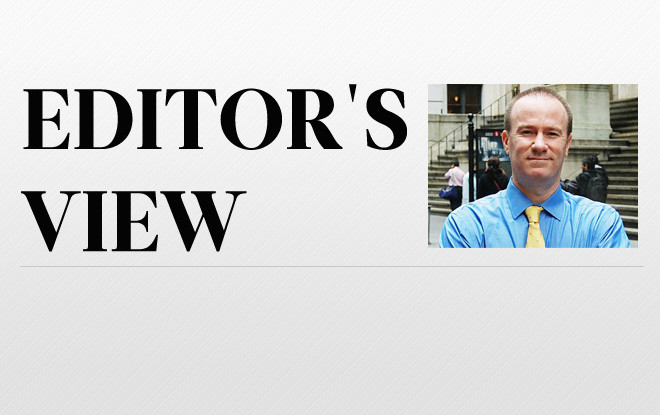There have been plenty of bad economic and market feelings in my adult life.
My very first recollection of having bad feelings about the economy was in the late 1970s (I know, I’m dating myself). I must have been about 8 or 9 years of age – it’s a vague recollection, but I remember picking up on my parents talking in hushed tones about something related to money or jobs or the like. I didn’t how or why to be concerned, but I remember feeling concerned.
Looking back at economic history, it’s no surprise that grim feelings paid a visit to our modest house in Belmar, New Jersey, back then, as the 70s were famously a time of high gas prices, rising unemployment, stagflation and just general malaise. But after Ronald Reagan was elected U.S. President in 1980, the Iran hostages were soon freed, confidence soared, and the economy and stock market were off to the races.
My next remembrance of feeling bad about the economy was when the stock market crashed in 1987. As a 17-year-old I didn’t have anything invested in the markets (I don’t think my parents did either), and I didn’t quite understand what it all meant, but blaring headlines and dour newscasts conveyed some bad vibes for sure. But like a fast-moving squall, this event passed quickly, and bad feelings were supplanted by optimism.
There have been plenty of bad economic and market feelings in my adult life. In the 1990s, there was the weak economy and job market of 1992, which made it unexpectedly difficult for this newly minted college graduate to find a job; 1994, when rising interest rates dragged on financial markets; and a mini market crash in the fall of 1997, which was probably the first time I felt the pain of holding securities that declined in value.
The 21st century has brought many more instances of depressive market sentiment. There was of course the ‘Tech Wreck’ of the very early 2000s, and the aftermath of September 11, 2001; more recently, we saw Bear Stearns and then Lehman Brothers collapse, the latter of which touched off a global financial crisis of historic proportions.
Why do I cite this litany of market history, dating back more than 30 years?
I do so because we are currently in a very depressed market climate. An uncomfortably high U.S. jobless rate persists; Europe’s debt crisis seems never-ending; regulation is tightening and yet its trajectory remains uncertain; a U.S. presidential election is just a couple months away; and Chapter 2 of the ‘fiscal cliff’ drama looms not far behind. Add it all up it’s hardly surprising that investors aren’t investing and traders aren’t trading, making for a summer that’s very quiet, but quiet for the wrong reasons.
I have no opinions on the macro situation that are more brilliant or prescient than the next person, so I’ll refrain from offering my two cents on how things will play out. I will note ‘things’ have felt bad before just like they do now, and the ship has righted itself after each previous bad stretch.
To be sure, that is no assurance that the ship will right itself this time. There are some scary numbers floating around with regard to sovereign debt levels, and monetary policymakers have little ammo left to deploy in the way of stimulus. One good friend of mine, who is a sharp guy and whose opinion I respect, is a real doom-and-gloom guy, and he expects nothing short of a global financial purge of some sort, followed by a depression scenario.
But I take heart in knowing that in each of the previous bad- feeling markets I’ve lived through, there have also been seemingly intractable problems, for which remedy and solutions were nowhere in sight. And somehow, in some way, a light emerged from the darkness of the tunnel, and the light wasn’t that of an oncoming train.
As renowned investor Sir John Templeton said, “it’s different this time” are the four most dangerous words in investing. I can’t say with certainty that we’re not at a paradigm shift and the markets will never come back, but given that past performance is the best predictor of future results, I’ll opt for believing that it’s not different this time.
Surely the market has at least one more big rally in it?














